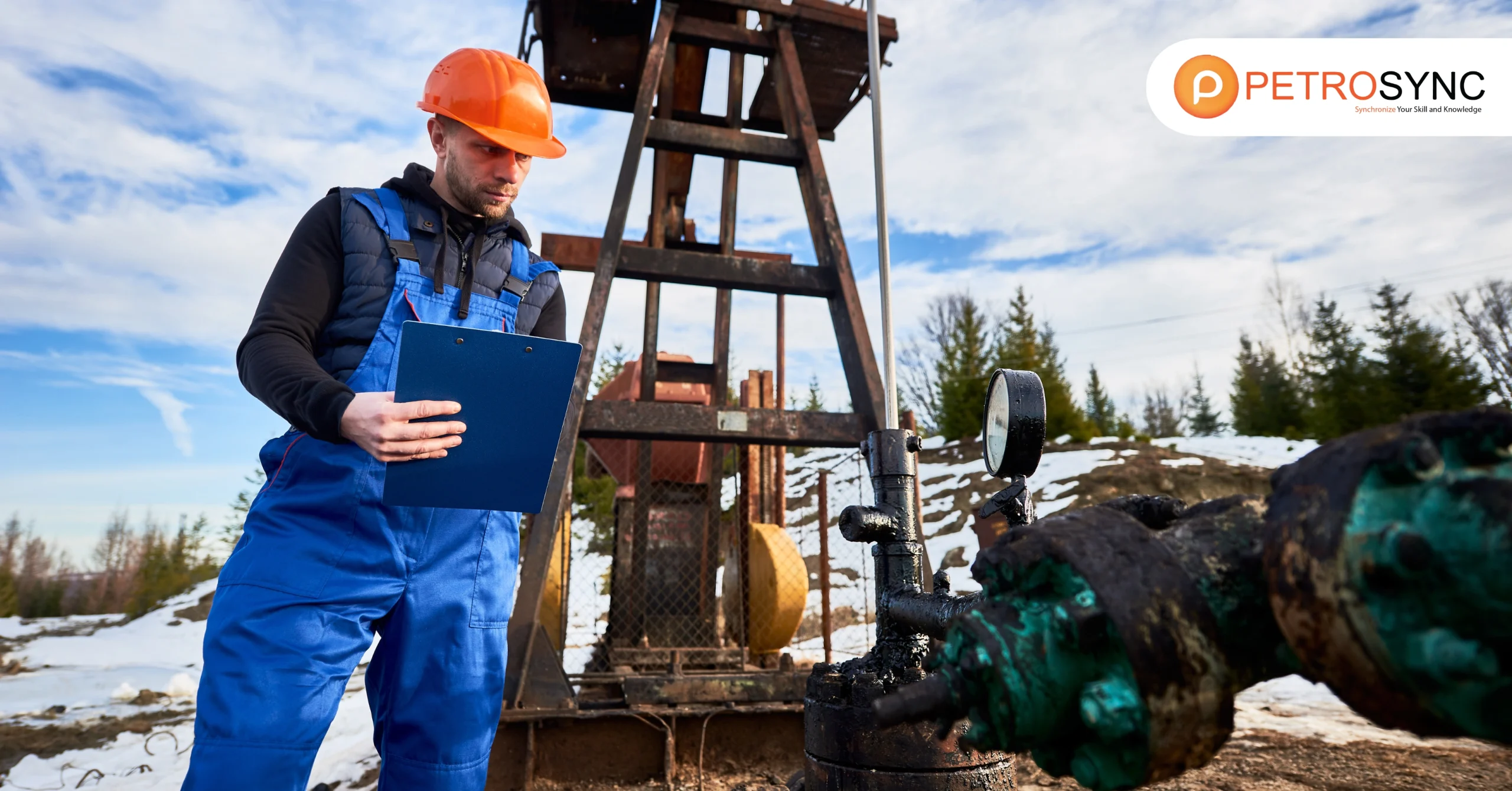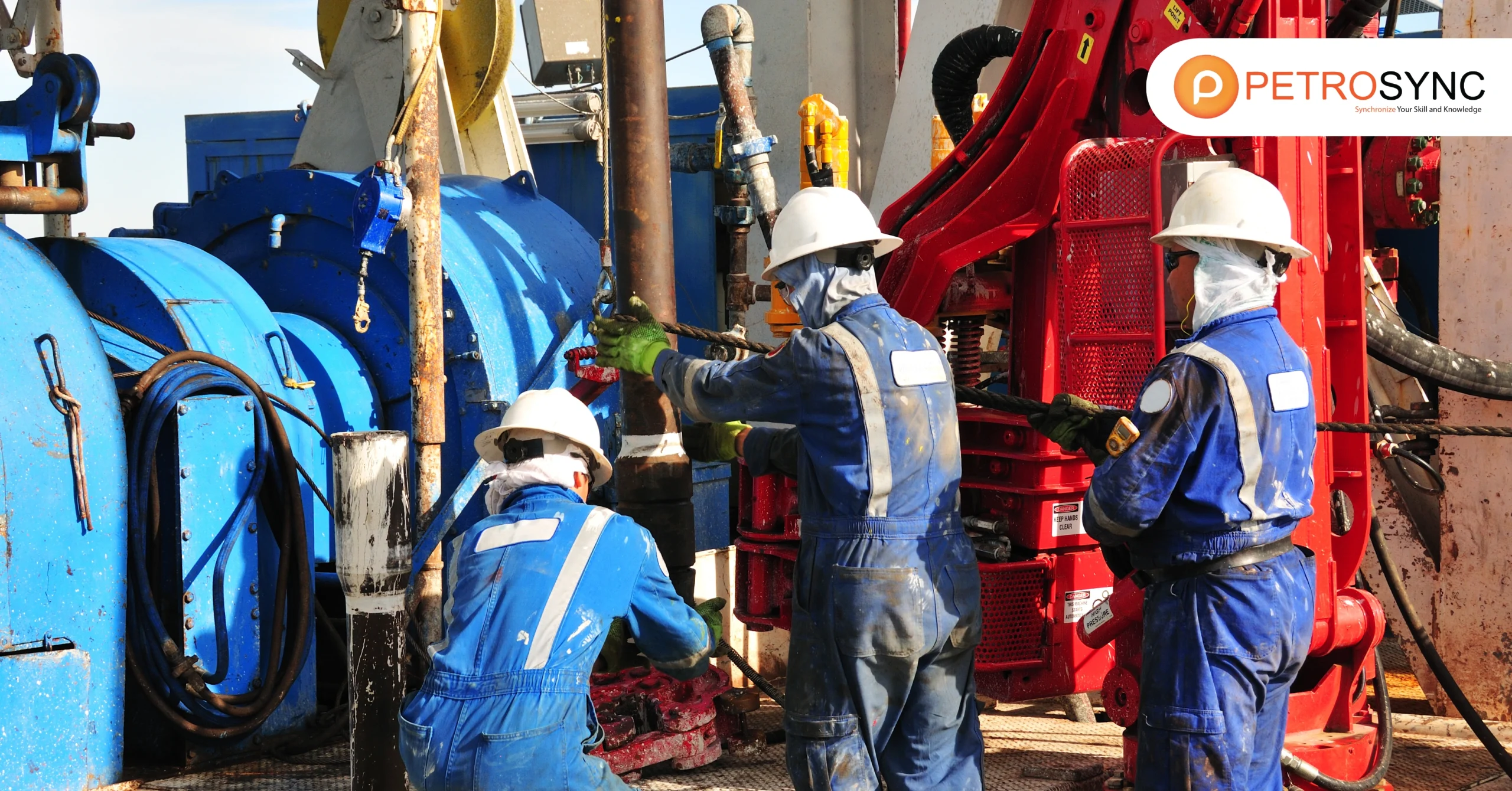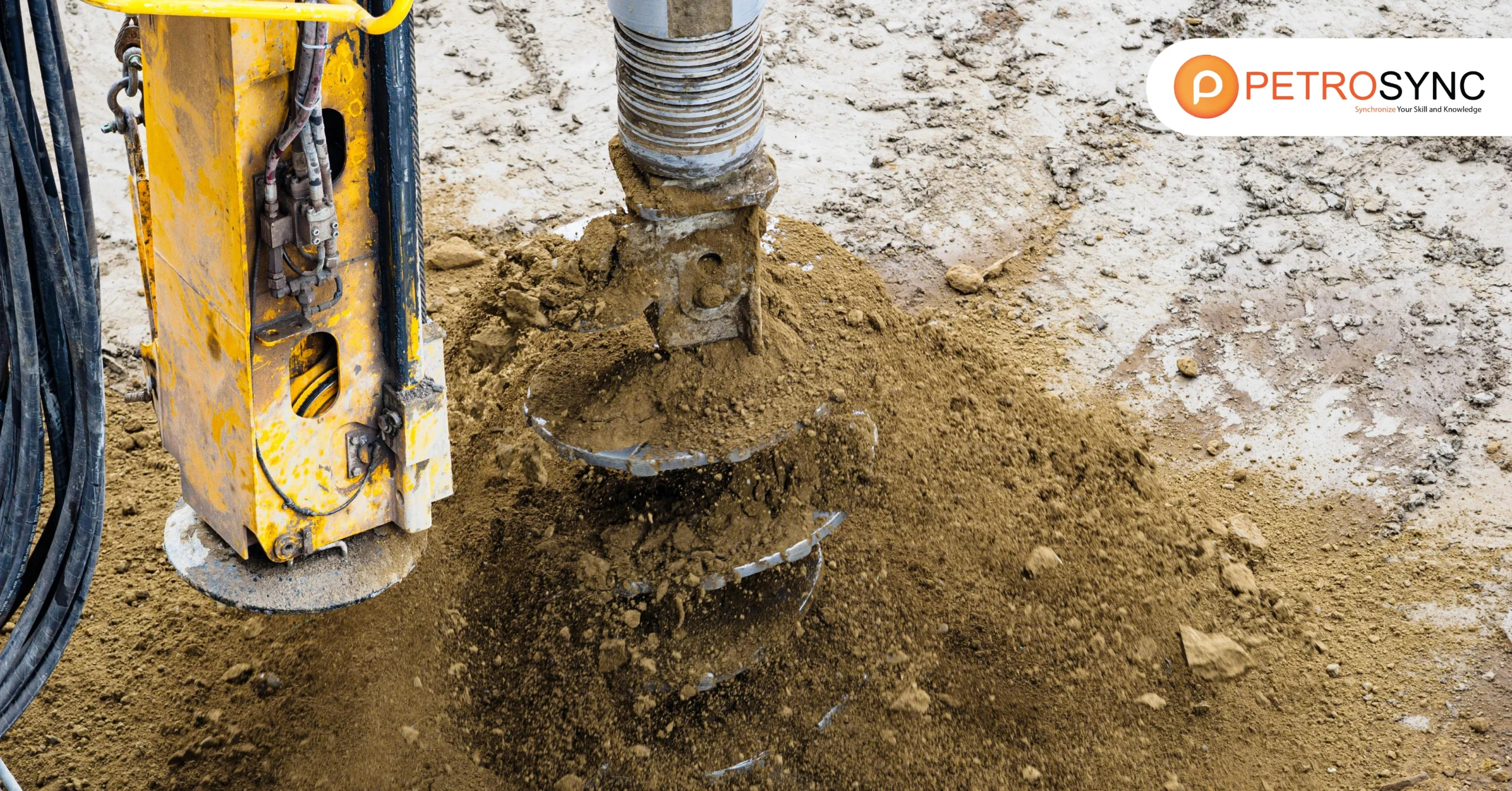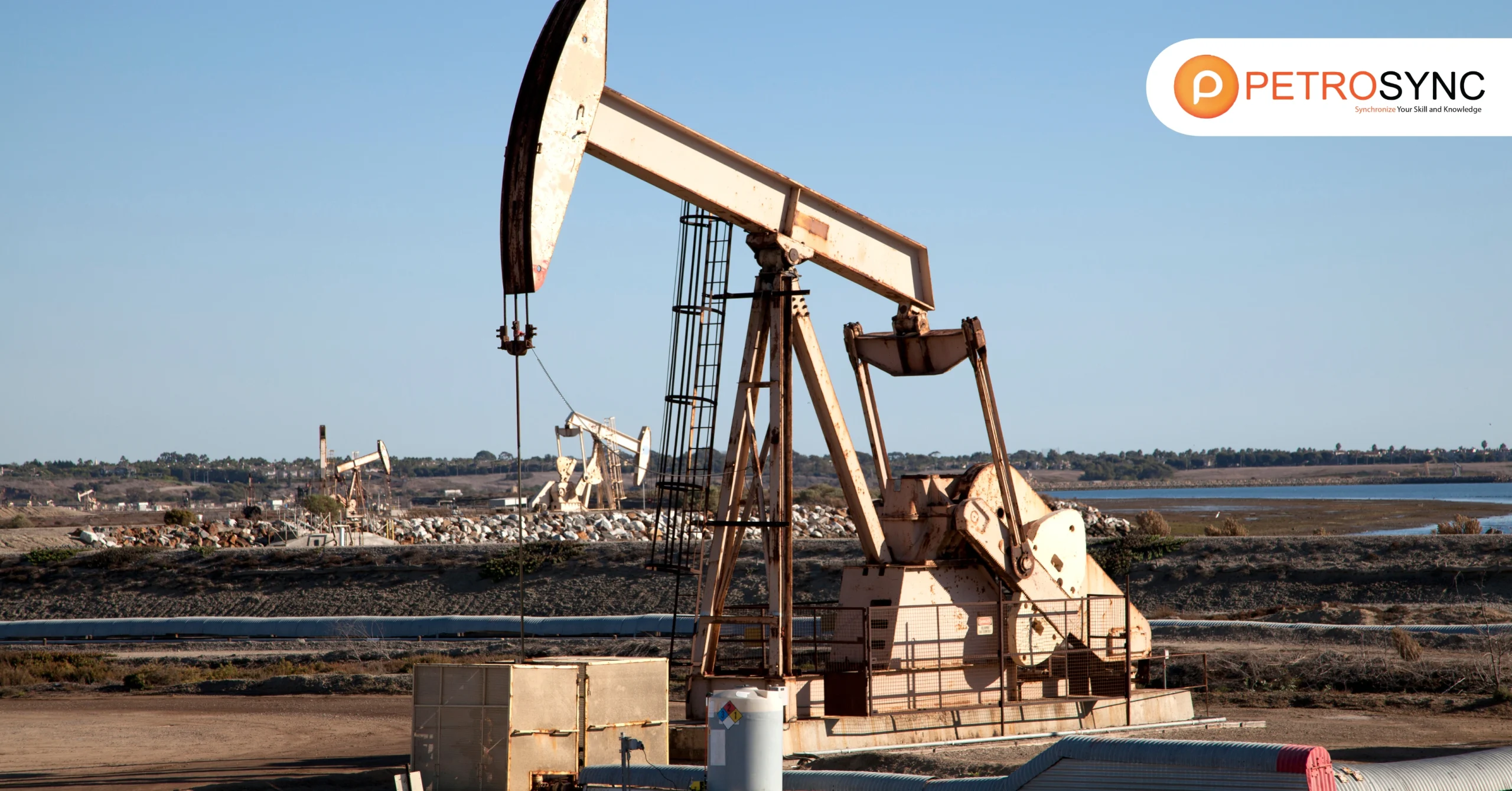Petroleum engineering is a critical field that blends creativity and technological competence in today’s energy-intensive environment. From hydrocarbon extraction to production optimisation, this profession accelerates industry and meets global energy demand.
But what is petroleum engineering, and how will it influence the future? This detailed book will answer your questions and introduce you to the endless possibilities in this exciting sector.
What Is Petroleum Engineering?
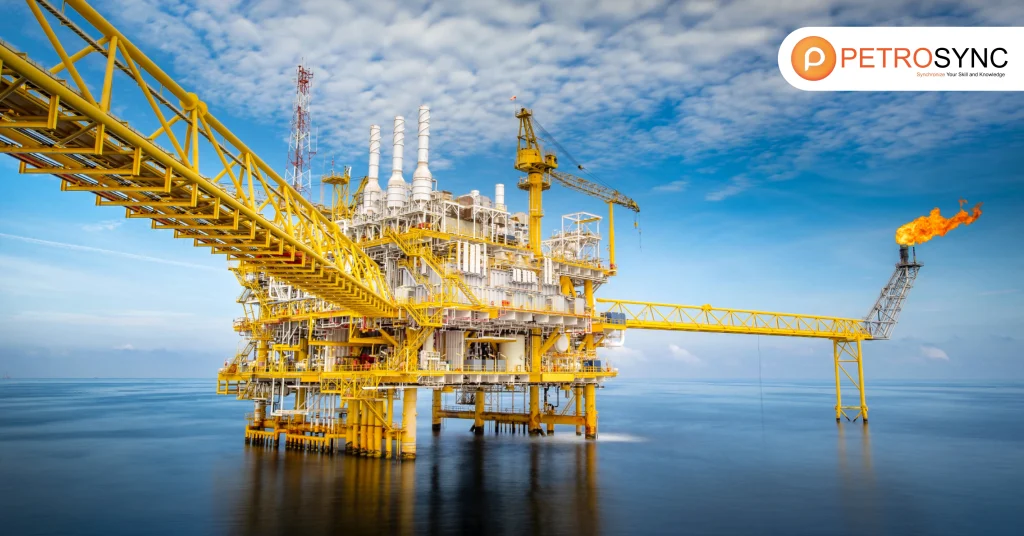
Petroleum engineering is the study of how oil and natural gas are found, extracted, and produced. It addresses complex challenges in the oil and gas industry by combining disciplines such as geology, physics, chemistry, and engineering. Petroleum engineers’ primary goal is to maximize hydrocarbon recovery from reservoirs while reducing environmental impact and operational expenses.
Petroleum engineers work on all areas of oil and gas production, from identifying new reserves to developing drilling plans and supervising production operations. They use their knowledge to design drilling techniques, determine well locations, and create technologies that boost oil recovery from existing wells.
Furthermore, they employ cutting-edge technology to improve extraction processes such as hydraulic fracturing and horizontal drilling, allowing them to access more difficult and previously inaccessible sources.
What Does a Petroleum Engineer Do?
Petroleum engineers work in a variety of areas of the oil and gas industry. Their responsibilities often involve developing and implementing extraction plans, analyzing reservoir performance, and working with geoscientists to investigate petroleum systems. They also verify that oil and gas production meets safety requirements and environmental rules.
From offshore platforms to modern simulation labs, petroleum engineers adapt to ever-changing problems, making substantial contributions to the industry’s progress. Whether managing drilling operations or optimizing recovery procedures, their knowledge is critical to the global energy economy.
What Is The Best Job For a Petroleum Engineer?
The field of petroleum engineering offers a number of job opportunities, each with its own set of challenges and perks. The following are some of the most desirable positions for petroleum engineers:
1. Reservoir Engineer
Reservoir engineers are responsible for assessing the amount of oil and gas reserves and developing strategies to increase output. They analyze geological data, model reservoir dynamics, and work with geologists and geophysicists to optimize recovery methods. reservoir engineers ensure that resources are extracted efficiently and profitably.
2. Drilling Engineer
Drilling engineers plan and carry out drilling operations to extract oil and gas resources. They are in charge of developing drilling operations that are safe, efficient, and cost-effective, while also considering wellbore stability, pressure management, and drilling equipment.
3. Production Engineer
Production engineers manage the day-to-day operations of oil and gas wells. They want to boost production rates, reduce equipment downtime, and ensure that hydrocarbons flow smoothly from the well to the surface. Production engineers typically devise ways to increase recovery rates from mature wells, such as artificial lift or enhanced oil recovery (EOR) technology.
4. Completion Engineer
Completion engineers develop and carry out the operations required to complete drilling and prepare wells for production. This includes choosing the right equipment, developing well stimulation treatments, and supervising the installation of wellbore components. Completion engineers play an important role in bringing wells online in a safe and efficient manner, optimizing production potential.
5. Petroleum Consultant
Experienced petroleum engineers commonly transition to consulting roles, where they provide their expertise to a wide range of oil and gas clients. Consultants offer guidance on drilling, reservoir management, production optimization, and regulatory compliance. This role enables professionals to apply their knowledge to a wide range of activities while working independently or with specialist firms.
6. Environmental Engineer
With an increasing emphasis on sustainability and environmental stewardship, many petroleum engineers are transitioning to jobs that reduce the environmental impact of oil and gas operations. Environmental engineers in the petroleum industry create and execute solutions to reduce the consequences of drilling and production, ensure regulatory compliance, and improve sustainability programs.
Finally, petroleum engineering is a dynamic and rewarding field that provides numerous employment opportunities for those interested in energy and technology. Petroleum engineers, whether working in the field or behind the scenes, are critical to the continued development of the oil and gas industry, driving innovation and sustainability to satisfy the world’s energy needs.
How Is The Work Environment of Petroleum Engineers?
Petroleum engineers’ work environments vary depending on their function. Many work on drilling platforms or refineries, while others conduct research and development in the office.
Engineers must be adaptable and resilient on-site because they may be exposed to harsh weather or distant places. However, the field’s dynamic nature ensures that no two days are same, providing excitement and problem-solving chances.
Are Petroleum Engineers in Demand?

Petroleum engineers are in high demand. The petroleum industry training courses available in places like Kuala Lumpur reflect the sector’s need for competent workers. As energy demands rise, so does the need for creative engineers who can optimize resources.
Furthermore, their expertise is critical in resolving issues such as depleting reserves and transitioning to more sustainable techniques. The industry’s changing terrain maintains a steady demand for qualified engineers.
How Much Petroleum Engineer Can Earn?
Petroleum engineers are among the highest-paid engineers. Salaries vary according on experience, geography, and specialty. They can make anything from $80,000 to more than $200,000 each year. Because of their technical expertise, specialized professions such as reservoir engineers or natural gas engineers can attract higher pay.
What Are The Subdisciplines of Petroleum Engineering?
Petroleum engineering includes various subdisciplines, each with a distinct role in the exploration and production processes:
1. Reservoir Engineering –Analyzing and improving reservoir performance.
2. Production Engineering – Increasing the efficiency of oil and gas extraction.
3. Drilling Engineering – Planning and monitoring drilling operations.
4. Completions Engineering – Moving wells from drilling to production.
These subdisciplines offer a complete approach to petroleum system management.
How to Become a Petroleum Engineer?
To become a petroleum engineer, you typically need a degree in petroleum engineering or a related field. Advanced degrees can increase one’s skills and job prospects. Hands-on experience gained through internships and industry certifications, such as those offered by Petroleum Industry Training Courses in Kuala Lumpur, can also provide you a competitive advantage.
Join PetroSync Training: Why Petroleum Engineering Drives Future Energy Solutions
PetroSync offers Petroleum Training Kuala Lumpur, which is designed to give professionals current industry information, including Upstream Petroleum Economics, Risk, and Fiscal Analysis. These programs address challenges in exploration, production, and sustainability.
keeping participants at the cutting edge of the energy business. Whether you’re a new engineer or an experienced professional, PetroSync’s courses can help you thrive in the ever-changing petroleum industry.

Results-oriented and thorough SEO specialist with extensive experience in conducting keyword research, developing and implementing digital website promotion strategies and plans, managing campaigns to develop company websites in the digital world, excellent knowledge of marketing techniques and principles, and attentive strong attention to detail.

